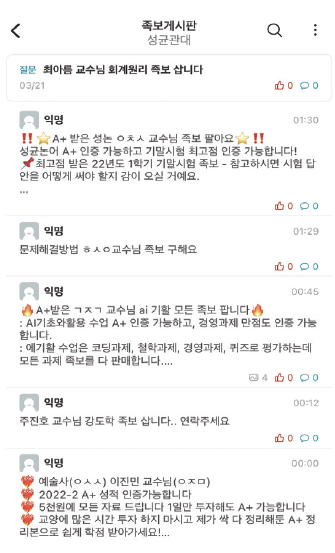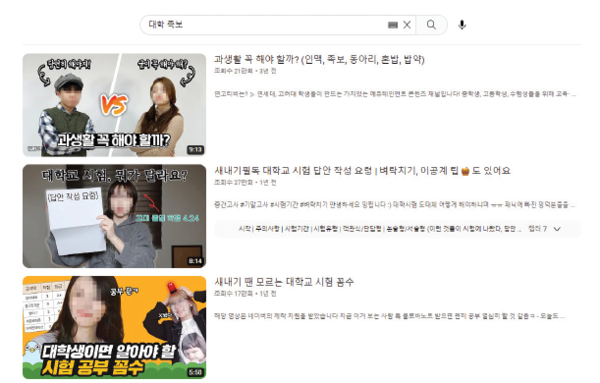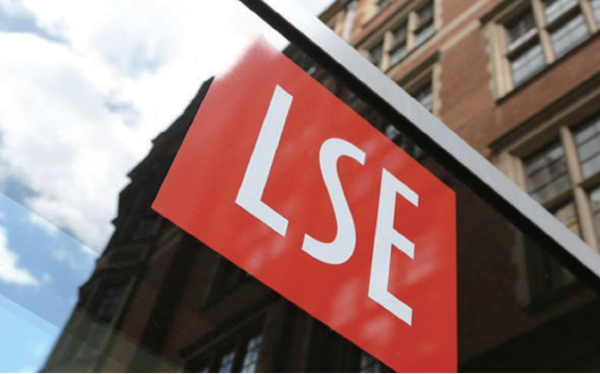As the final exam season approaches, trades of jokbo (records of past exams) are often found circling Sungkyunkwan University (SKKU)’s online community. Joseon Wangjo Sillok explains how using jokbo was a common practice as past SKKU scholars also used them. However, as copyright problems and frauds related to jokbo documents are becoming frequent, the Sungkyun Times (SKT) will take a look at the current situation of the university’s jokbo culture and some possible solutions.
What Is Happening?
-Present State of Jokbo
Jokbo is a slang word common among university students, which refers to a document with questions and answers from past university lectures’ exams and assignments. Jokbo trade has already been a conventional practice that has been carried out since long ago. It is not only passed down but also traded through Everytime, an anonymous online community for Korean university students. There are even sales agency sites that provide web services for users to trade lecture materials. Even on SKKU Everytime, there is a jokbo page actively used by Kingos. Every day, countless new posts are uploaded to share or look for jokbo materials. The demand among students usually reaches its peak in the exam period, but it has skyrocketed after the pandemic as online tests were actively implemented. It is because test papers are distributed online or as electronic documents, making it much easier for students to keep and copy them. This shows how jokbo has become customary in college life; however, buying and selling lecture materials is a problem that can violate copyrights and is even difficult to solve.

-Adverse Effects of Grade Inflation
Although an inappropriate method of study when it comes to education, jokbo trade has become prevalent due to students’ academic hardships. As jokbo is a means of getting good grades, the increased burden on grades seems to be the background of the phenomenon. In particular, as the evaluation method of various lectures has changed from relative to absolute evaluation, grade inflation has become more extreme than before. Though the grading system is designed to enhance academic motivation while loosening competition, as it allows everyone to get high scores, there is still a limit to easing the rivalry as the compulsion grows to get higher points. Kim Min-song (Senior, Department of Media & Communication) said the required GPA to get a double major is increasing by 0.5 per semester, making her feel like she is falling behind other classmates if her grades do not exceed 4.0. As academic competition intensifies, jokbo becomes more prominent and is taken for granted. Maybe even at this moment, there are Kingos out there seeking jokbo for better grades.
Problems With Jokbo Trade
-Issues with Fairness
The main cause of jokbo trade lies behind repetitive exam materials. If the same questions appear every semester, students that have connections with people who have already taken the class can relatively get more favorable scores. Moreover, purchasing jokbo might drop students’ participation in class as they already know the answers. This might ultimately lead to a decline in the quality of lectures. As jokbo trade has become secretly prominent due to reused exams, the fairness issue is its main trait and problem at the same time. Kang Seo-rin (Junior, Department of Business Administration) said she even pays a bit more to buy jokbo for classes where the professor copies entire sets of questions every semester. In particular, there are adverse effects of how students focus less in classes but use jokbo for exams and assignments, intensifying the competition. Furthermore, there are concerns that students who actively participate well in classes would get lower grades than those who own jokbo . Also, due to the rooted culture in which seniors pass down jokbo to their juniors, the inequality problem even worsens. Moreover, jokbo is usually traded within classes and departments. Students can easily obtain jokbo by utilizing personal connections within the department, but those with double and minor majors sometimes might barely even know the existence of it. There are cases when students of particular majors share jokbo within exclusive communities that restricts double and minor-major students, causing an imbalance of information.

-Copyright Issues
According to Article 4 of the current copyright act, literary works such as novels, theses, and lectures are cited as examples of copyright work. Though copying published work within a limited scope and not for commercial purposes is possible, sharing and selling them to an unspecified number of people can violate the law. Thus, sharing and selling jokbo that includes lecture materials on other websites are considered actions that infringe copyrights. Even if there is no financial trade, sharing lecture recordings and materials can already be a violation of copyright laws. Even if it seems legal, it is better to refrain from trading jokbo as the legal scope is unclear. However, most college students are unaware that trading jokbo recklessly is illegal and that it violates a professor’s ownership. A student named Lee (Freshmen, Department of Global Economics) stated that he had never thought jokbo was problematic as he found several Youtube videos specifically explaining how to get them. Aware of such a problem, jokbo selling agencies even operate in a way that shifts responsibility onto the users of the site. To avoid penalties for the trade, the companies provide copyright violation report links and guide the client to counseling and reporting organizations. Meanwhile, the lack of awareness leads students to the dangers of taking legal responsibility.

Ways to improve
-A Lesson for Professors
Since jokbo has become indispensable in campus life and has solidified itself as a secret custom, it is impossible to monitor and regulate all the trading that takes place. Nonetheless, it is necessary to adjust the indictment of jokbo, which leads to illegal transactions and destroys the nature of education. Thus, professors need to raise awareness of the issue and minimize reusing exam questions. Instead, lecturers should constantly monitor the course evaluations and student review boards to recognize the severity of the situation. They must realize that repetitive test questions drop students’ academic motivations and further toughen the process to differentiate whether the answers are made through cramming or in-depth learning. Creating test questions that hold differentiating power is a way to maintain the quality and preserve the true purpose of education. Thus, lecturers should actively make changes in their quizzes every semester or alter the exam method to prevent the situation. The professors could also make every test offline to reinforce the function of supervisors and prevent unauthorized copying of lecture copies. Such efforts will encourage students’ self-directed learning and make a step toward quality lectures.
-Shade to Light
Another key solution for the jokbo problem is to reinforce students’ awareness. Not just with the customary trade, but an underestimating manner of others’ copyrights is prevalent on the campus. Thus, raising awareness about the issue seems urgent. First, it is important for students to voluntarily put an end to illegal trades in school communities. Realistically, banning or limiting every jokbo on campus is impossible as it has become a custom. Thus, for students to learn righteously and equally, lecture materials can be distributed as official educational material for everyone. Allowing documents of past quizzes to be accessible for all students can be one plan to prevent illegal jokbo trades. This is to keep fairness so that all students can use past exam questions and study without discrimination. In the case of The London School of Economics and Political Science, all past exam questions since 1994 are stored in the university library network, and all students have access to them. After an exam is posted, the professor must notify the fact that it is uploaded on the network or the syllabus so that no student misses out. According to Yang Ga-yeon (Junior, Department of Economics), several lecturers in her major courses also provided past exam questions themselves. Rather than the university restraining jokbo, if professors directly announce the issue and expose it, violation of copyright laws will be prevented to form safer trading customs.

As numerous university students buy and sell jokbo, it is crucial to know the copyright issues. As jokbo contains valuable work that is created by someone else, one should never ignore the issues of calling it a custom. Therefore, Kingos should be aware of the problems of jokbo trading and appropriately prepare for their final exams.
